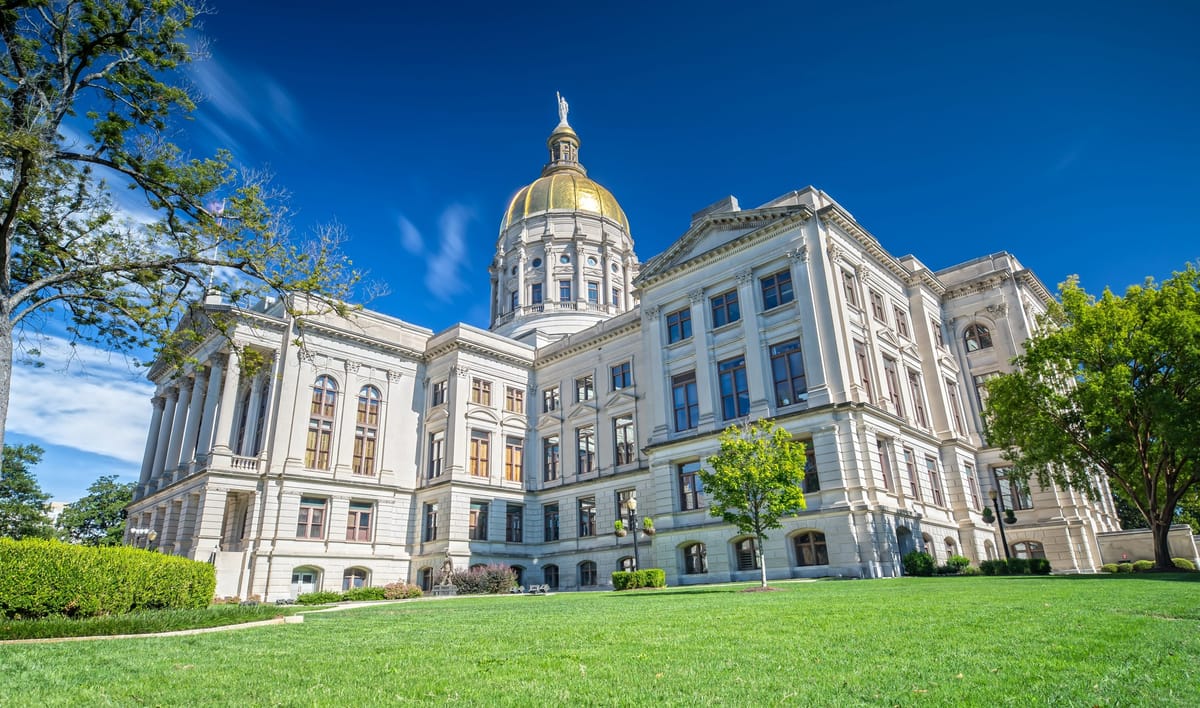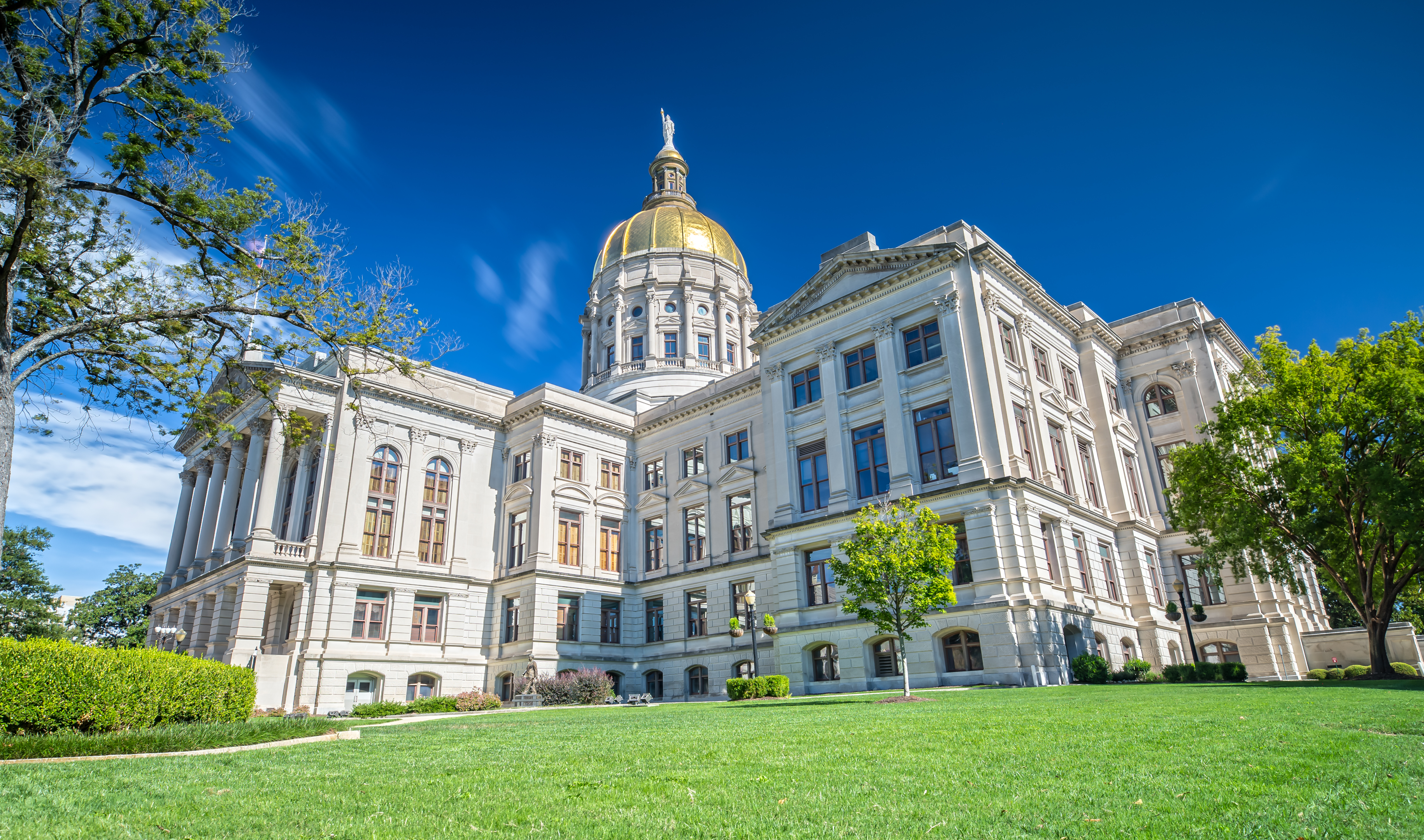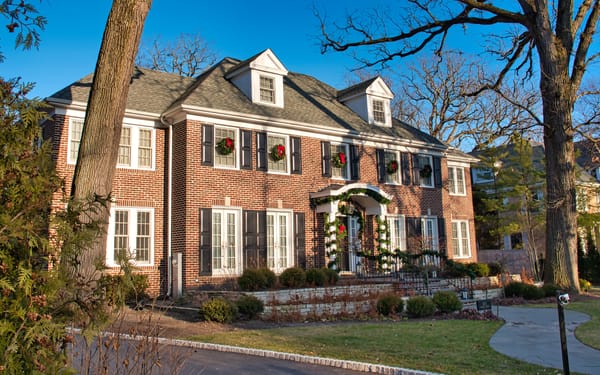Navigating Atlanta Airbnb Laws: What Vacation Rental Hosts Need to Know

As the popularity of short-term rental platforms like Airbnb has grown, so have concerns about their impact on local communities, housing availability, and safety. In response to these concerns, the Atlanta City Council passed a city ordinance regulating vacation rentals, which include vacation rentals, homestays, and room rentals.
In this blog post, we’ll provide an overview of the laws and explain the key regulations that you need to know as a short-term rental host.

Overview of Atlanta’s Airbnb Laws
Atlanta has established regulations to govern the operation of short-term rental units, such as those offered through Airbnb. These regulations are designed to ensure they operate in a safe and responsible manner, while also minimizing the impact on local communities.
History of Airbnb Laws in Atlanta
In 2015, the Atlanta City Council passed an ordinance regulating short-term rentals in the city. The ordinance requires hosts to obtain a business license and a short-term rental license from the city. Hosts must also certify that the rental unit is their primary residence and they can only rent out their primary residence for a total of 180 days per year.
Key Regulations for Airbnb Hosts in Atlanta
To operate a short-term rental unit in Atlanta, hosts must comply with the city’s short-term rental ordinance, which includes requirements for licensing, registration, and safety and health standards. Hosts must obtain a business license and a short-term rental license, pay an annual registration fee, and ensure that their rental unit complies with all applicable safety and health regulations.
Types of Properties Allowed for Airbnb Rentals
Short-term rentals in Atlanta are limited to primary residences, which are defined as the host’s primary residence for at least 6 months of the year. Hosts are prohibited from operating more than one short-term rental unit in Atlanta, except in certain circumstances where they may be allowed to operate an additional dwelling unit.
Licensing and Registration Requirements
The city of Atlanta requires hosts to obtain a business license to operate a short-term rental unit, which is defined as a rental property that is occupied for less than 30 consecutive days. Hosts must also obtain a short-term rental license from the city and pay an annual registration fee.
Registration Requirements
Short-term rental owners in Atlanta are required to obtain a short-term rental license from the city and pay an annual registration fee. Hosts must comply with all applicable laws and regulations governing the short-term rental industry in Atlanta, including zoning laws, health and safety regulations, and noise ordinances.
Special Permits Needed for Certain Types of Airbnb Rentals
Hosts must comply with all applicable laws and regulations governing the short-term rental industry in Atlanta, including zoning laws, health and safety regulations, and noise ordinances. Certain types of rentals may require special permits, such as those located in historic districts or commercial zones.

Safety and Health Regulations
Fire safety regulations
To ensure the safety of guests, the Atlanta city ordinance requires hosts to provide smoke detectors, carbon monoxide detectors, and fire extinguishers in each rental unit. Hosts must also provide clear and visible emergency exit routes and instructions.
Health and hygiene standards
Short-term rentals in Atlanta must comply with health and hygiene standards set by the Fulton County Health Department. Hosts must ensure that the rental unit is clean and free from pests and that all bedding and linens are washed between guests. Hosts must also provide basic amenities such as soap, toilet paper, and clean towels.
Noise regulations
To minimize the impact of short-term rentals on local communities, the Atlanta city ordinance sets noise regulations. Hosts must ensure that their guests do not create excessive noise that disturbs the peace and quiet of the neighborhood.
Quiet hours are typically enforced between 10 pm and 7 am, and hosts must provide their guests with clear instructions on noise restrictions. Hosts may face fines or penalties if their guests violate the city’s noise regulations.
Taxes and Fees
Short-term rentals, including those listed on Airbnb, are subject to hotel occupancy taxes in Atlanta. This section explains what you need to know about taxes and fees for their properties.
Explanation of Hotel Occupancy Tax
The hotel occupancy tax is a tax on short-term rentals that are charged to guests who stay in these properties. In Atlanta, the hotel occupancy tax is 8%, which is in addition to state and local sales taxes. Owners are required to collect and remit this tax to the city of Atlanta.
Tax and Fee Requirements for Atlanta Airbnb Hosts
In addition to the hotel occupancy tax, short-term rental owners in Atlanta may be subject to other taxes and fees. For example, hosts are required to pay an annual registration fee as part of the short-term rental ordinance adopted by the Atlanta City Council. Hosts who operate one additional dwelling unit, beyond their primary residence, must also pay a special fee to the city of Atlanta.
Collecting and Remitting Taxes and Fees
Short-term rental owners in Atlanta are responsible for collecting and remitting all applicable taxes and fees. Hosts should consult with the city of Atlanta to determine what taxes and fees apply to their specific situation. The application process for obtaining a short-term rental permit includes providing proof of compliance with all tax and fee requirements.
It’s important to understand the tax and fee requirements associated with their properties. By complying with all applicable regulations, hosts can ensure that they are operating their rental units in a legal and responsible manner.

Enforcement and Penalties
Short-term rental owners in Atlanta must comply with all regulations related to their properties. This section covers what happens if a short-term rental owner violates the law and how to avoid penalties.
Consequences of Violating Short-Term Rental Laws
Violations of Atlanta’s short-term rental ordinance can result in penalties and fines. Penalties can range from fines to suspension or revocation of a short-term rental license. In addition, violating the primary residence requirement or operating one additional dwelling unit beyond a primary residence is a violation of city planning regulations.
Enforcement Procedures and Penalties
The city of Atlanta has an enforcement division dedicated to investigating complaints and enforcing short-term rental regulations. If a violation is discovered, the city will notify the short-term rental owner and may issue a citation. If the owner continues to violate the ordinance, the city may take additional enforcement actions.
Best Practices for Compliance
To avoid penalties and fines, owners in Atlanta should follow best practices for compliance with all regulations. These include ensuring that the property is their primary residence, obtaining the necessary permit, and adhering to all tax and fee requirements. Additionally, owners should be mindful of noise and parking regulations, and communicate clearly with guests about their expectations for behavior during their stay.
By following best practices for compliance, owners can avoid penalties and operate their properties in a legal and responsible manner within the city limits of Atlanta.
Conclusion
Understanding Atlanta’s short-term rental laws is crucial for any property owner or manager who is interested in operating short-term rentals in the city. Here is a summary of the key points covered in this blog post:
- Atlanta’s short-term rental industry is regulated by the city council, and all short-term rental properties must comply with the city’s ordinance.
- Key regulations for short-term rental hosts include requirements for licensing and registration, safety and health regulations, and tax and fee requirements.
- Violations of Atlanta’s short-term rental ordinance can result in penalties and fines, and the city has an enforcement division dedicated to investigating complaints and enforcing regulations.
It is important to comply with Atlanta’s short-term rental laws to avoid penalties and fines and to operate these properties in a legal and responsible manner. Resources for further information and assistance include the city’s website and local property management companies.
If you’re looking for vacation rental management software to help you comply with regulations and streamline your property management tasks, we recommend trying out iGMS. iGMS offers features such as:
About the Author
Danielle Kruger is an SEO Content Writer at iGMS. She is an avid reader and researcher of all things travel, always trying to keep her finger on the pulse of the latest trends and innovations. A self-proclaimed nerd, in her free time Dani enjoys reading, rollerskating, and dabbling in tabletop RPGs.






